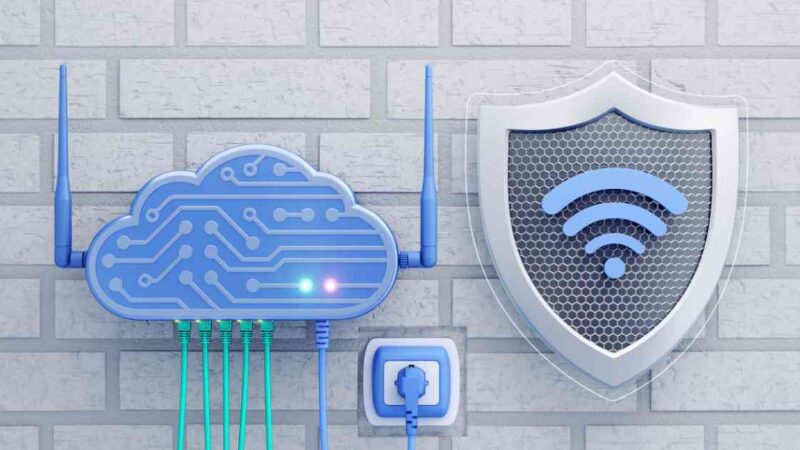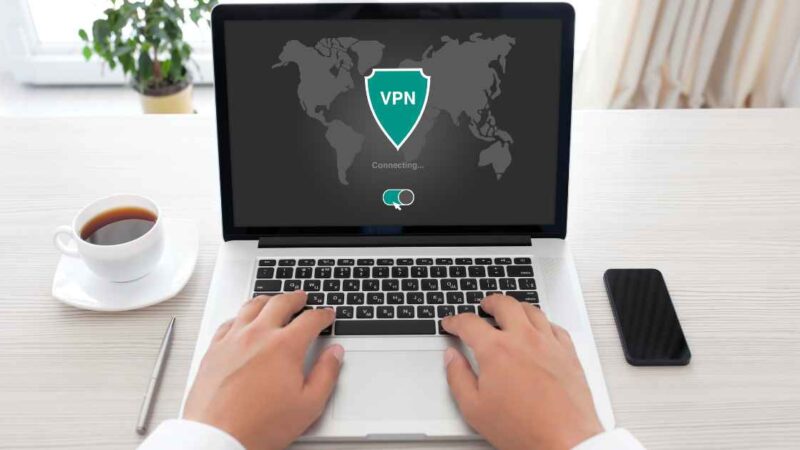The Business Internet: What You Need To Know When Getting Connected

The business internet became a necessity in today’s digital age, which is why more and more businesses are turning to it. In the article below, we’ll see some of the benefits associated with purchasing the business internet and what to consider when buying one for your business.
What is the Purpose of Business Internet?
When you are considering your business internet connection options, the first thing you need to ask yourself is what the purpose of your internet connection is.
Different businesses need different types of internet connections to function properly. For example, a small business that only needs internet access to send and receive email may only need a basic broadband connection. However, a business that relies on online sales and requires fast upload and download speeds may need a higher speed connection such as fiber optic cable.
When deciding what type of connection is best for your business, keep these factors in mind:
-Amount of data used per month
-Speed requirements
– Locations where the business will be located
-Costs associated with different connection types
Types of Business Internet
The variety of business internet services can be confusing. In this blog, we will explore four of the most common types of business Internet service and what each provides.
-DSL: This type of service uses a modem to connect to the Internet via your phone company or cable company. DSL is fastest and most affordable, but it is not always available in all areas.
-Cable: This type of service uses a cable modem to connect to the Internet. The cable company provides the connection and usually has more bandwidth than DSL, making it ideal for larger businesses that need to transfer large files or frequently access online resources. Cable often costs more than DSL, but it can be more reliable in areas with less competition.
-IP Service: With IP service, your business gets its own dedicated IP address (a unique number that identifies your computer on the Internet) which lets you access the web using any web browser. This type of service is popular among small businesses because it’s affordable and easy to use; you don’t need a technician to set it up. However, IP services are not always available in areas with good cell phone signal; therefore, they may not be ideal for businesses that
Thoughts On Establishing Your Company’s Internet Connection
When setting up your business’ online presence, there are a few things you’ll need to take into account. The first is whether or not you’re using a private connection or a public one. There’s no one-size-fits-all answer to this question, as the best option for your company will depend on the specific needs and capabilities of your network. However, generally speaking, it’s preferable to have your own connection because it allows you to better control your data and privacy.
Another important factor to consider is whether you’ll be using a dedicated server or a shared hosting plan. If you plan on having a lot of traffic coming in and out of your website, a dedicated server will likely be the better option. On the other hand, if you’re only expecting a modest number of visitors per day, Shared Hosting may be more appropriate.
Once you’ve decided on these essentials, it’s time to figure out what kind of internet connection your company needs. There are three main types of connections: ADSL (for broadband users), cable (for those who already have an existing TV or cable package) and fiber optic (for those who want the best possible speed). It’s important to determine which type of
Factors to Consider when Choosing a Service Provider
When you’re looking to get connected to the business internet, there are a lot of factors to consider. From price to quality of service, you need to find the right provider for your needs. Here are five things to keep in mind when choosing a provider:
1. Price: Don’t just focus on the cheapest option; make sure you’re getting value for your money. You should also consider how much support and services the provider offers. For example, does the provider have dedicated staff who can help you with connection issues?
2. Speed: Make sure your provider can meet your required bandwidth and speeds. Remember, too much fast traffic can be expensive, so be sure to ask about potential add-on services that might be available.
3. Quality of Service: The quality of service you receive is important no matter what type of connection you’re using. Make sure the business internet service you choose meets your specific needs, from security and bandwidth protection to user interface and support options.
4. Features: Make sure the provider has all of the features and functionality you need for your business. Consider things like online chat support, business email accounts, file sharing, and more.
Conclusion
When you’re thinking about starting your own business online, it’s important to have a clear understanding of the internet and what it can offer your business. In this article, we’ll go over some key points to keep in mind when building or upgrading your website or investing in other online services that can help boost your company. Armed with the knowledge you need, take the first steps on your journey to becoming an entrepreneur!





